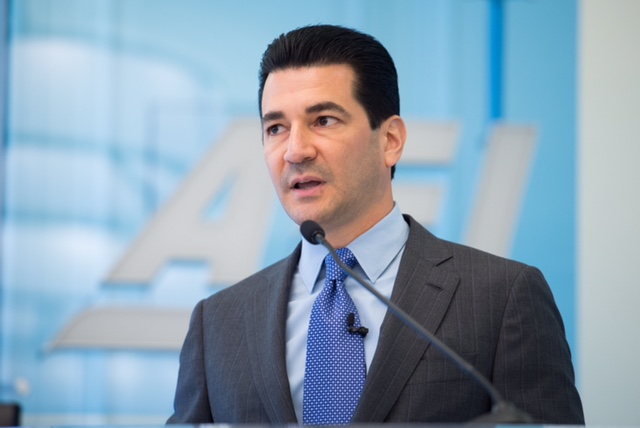FDA to encourage approval of nicotine replacement therapies

The US regulator wants to ease requirements for approval of over-the-counter nicotine replacement therapies, as part of a drive to help more people quit smoking.
In an interview with Reuters, the FDA’s commissioner, Scott Gottlieb said the agency is “re-evaluating and modernising” its approach to nicotine replacement therapies (NRT), typically sold as gums, patches and lozenges.
The FDA wants consumers to have a wider range of options, and is concerned that effectiveness of available therapies is limited.
New measures could enable e-cigarette firms to get devices approved as medical products, in order to reassure consumers about their performance.
This also creates the possibility of them being covered by health insurance.
According to Reuters, Gottlieb said the announcement “is a big deal because we haven’t talked a lot about what we can do to create additional pathways to bring additional nicotine replacement therapies to the market.”
Gottlieb outlined a broad nicotine policy in July aimed at reducing disease and death from cigarettes, by encouraging smokes to transition to less harmful nicotine products including e-cigarettes.
One of the changes of approach is to allow manufacturers to get products approved on the basis of different claims.
Existing products were approved because of studies showing they helped people quit smoking completely over a period of time, Reuters reported.
In the future, products could be trialled and approved on the basis of their ability to reduce cravings, maintain abstinence from cigarettes, or perhaps deliver nicotine over a longer period of time.
The FDA chief is also open to the idea of a new regulatory pathway to offer a cheaper and less time-consuming alternative to current arrangements.
Matthew Myers, president of the Campaign for Tobacco-Free Kids, welcomed the initiative, saying it showed the FDA is open to innovation in this area.
The FDA will hold a public hearing on the matter on 26 January.












